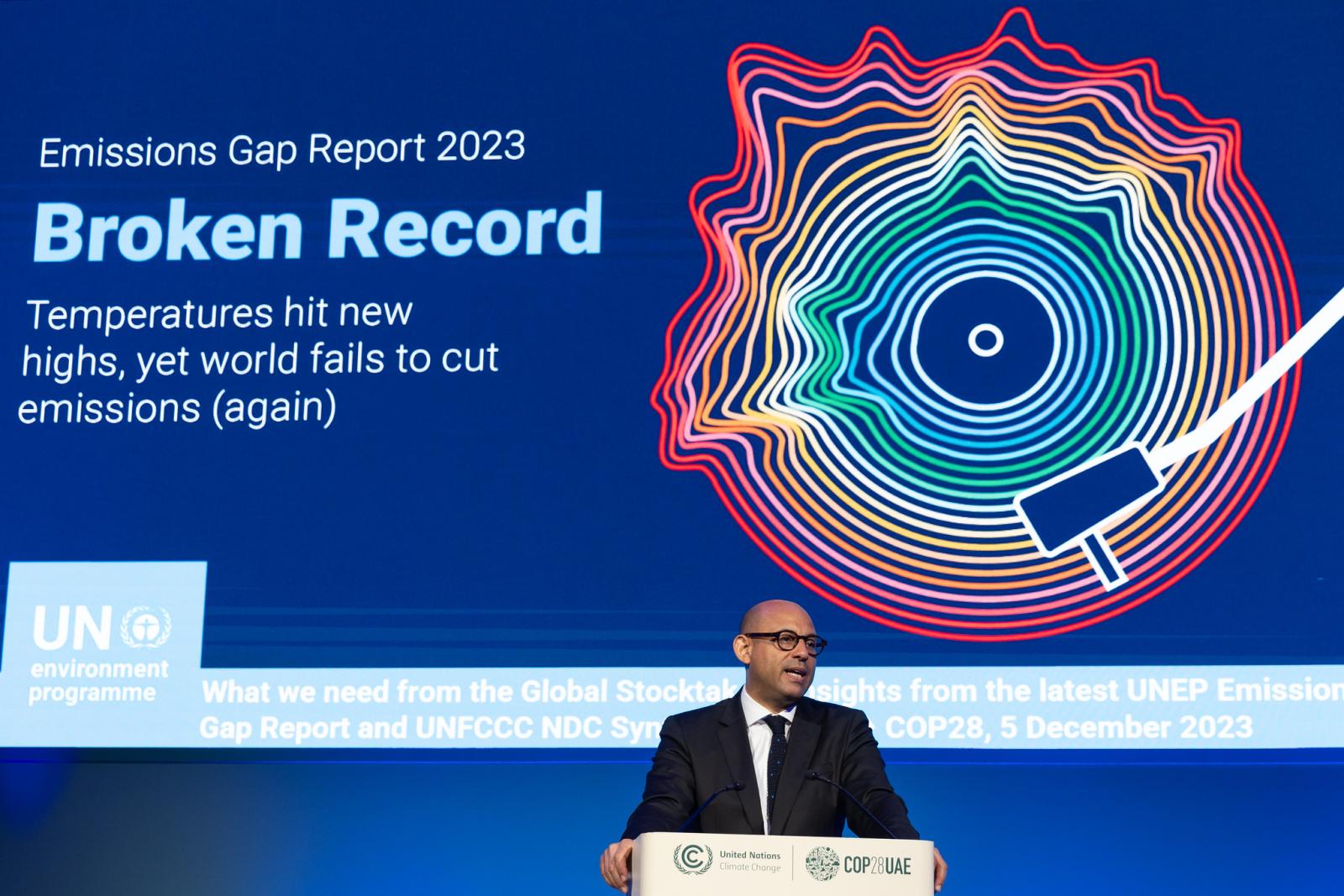Article published on the ASSET website
The recent case of the French parents who risked a jail sentence for refusing to vaccinate their children reignited the intense debate over mandatory vaccinations, whose efficacy as an instrument to maintain high level of vaccine coverage has been questioned. A study performed by experts from the ASSET project found no evidence of a relationship between mandatory vaccinations and rates of childhood immunization in European countries.
The authors of the research gathered data on all the countries within the European Economic Area; information on policies of mandatory or recommended vaccinations came from the VENICE project while those on childhood immunisation coverage were obtained from UNICEF. The analysis focused on three relevant vaccinations, on which different policies have been adopted in different countries: polio (Pol3), measles (MCV1) and pertussis containing vaccines (DTP3).
From 2007 to 2013, the enforcement of mandatory vaccinations does not appear to be relevant in determining childhood immunisation rate in the analysed countries. Those where a vaccination is mandatory do not usually reach better coverage than neighbour or similar countries where there is no legal obligation.
The study did not take into account the differences that exist on local legislations about how to enforce the obligation. Moreover, it lacks of information on possible changes in national vaccination policies, such as a switch from recommendation to compulsoriness. However, it seems to suggest that making vaccines mandatory does not necessarily increase vaccine coverage and that other factors – such as, for instance, difficulties of healthcare systems in reaching all children – could be involved.


